[[bpstrwcotob]]
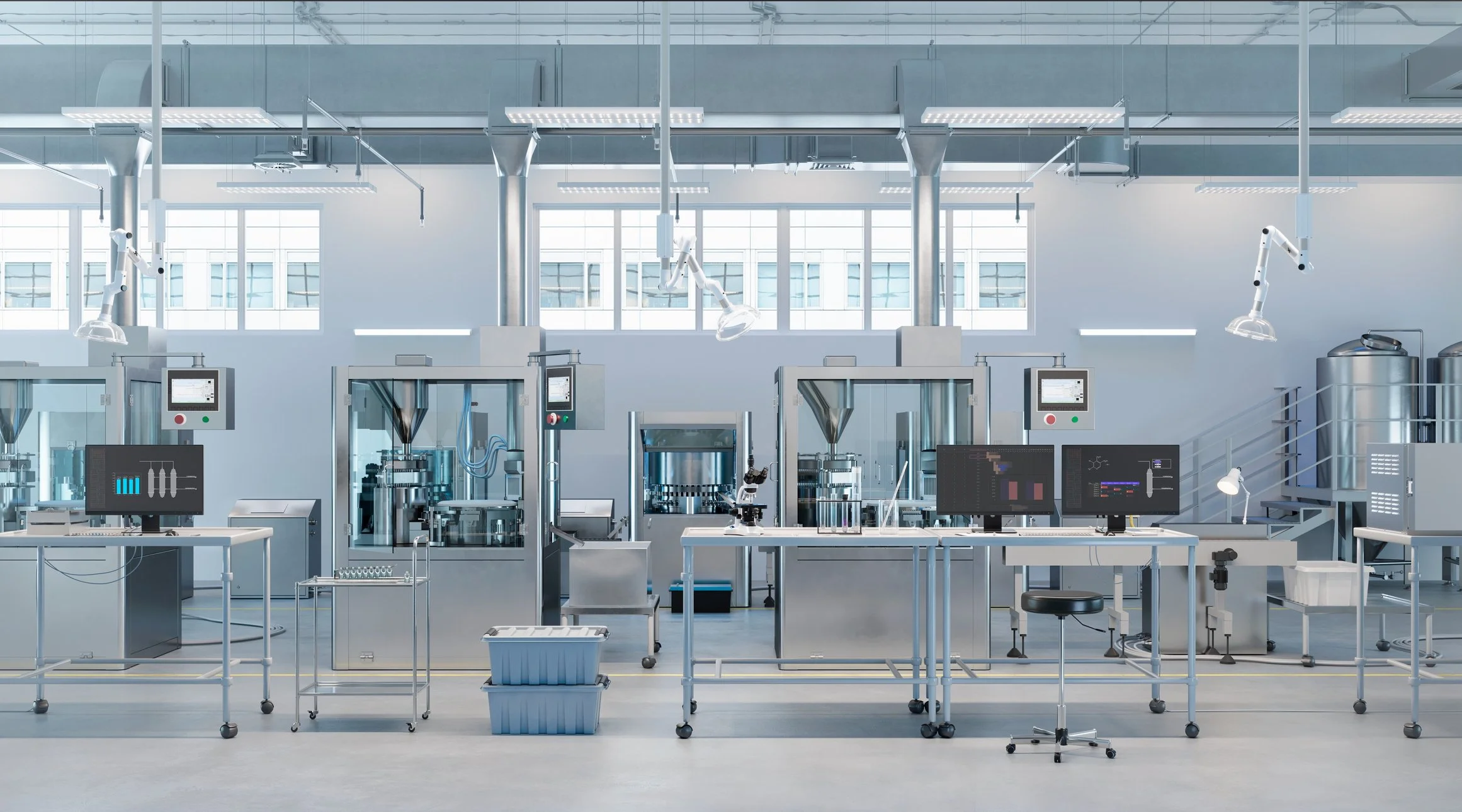
Innovation and Creativity in Modern Lab Design—A Perspective from Experience
Designing labs that fuel innovation takes more than vision—it requires purpose-driven design, creative freedom, and operational foresight, and this insider perspective reveals how today’s most forward-thinking teams are transforming labs into strategic assets that inspire discovery and adapt to what’s next
Building an Ecosystem of Innovation: Hyde Park Labs
Hyde Park Labs is a 13-story, 300,000-square-foot facility in Chicago developed by Beacon Capital Partners and Trammell Crow Company in collaboration with the University of Chicago, strategically designed to blend scientific research and community engagement
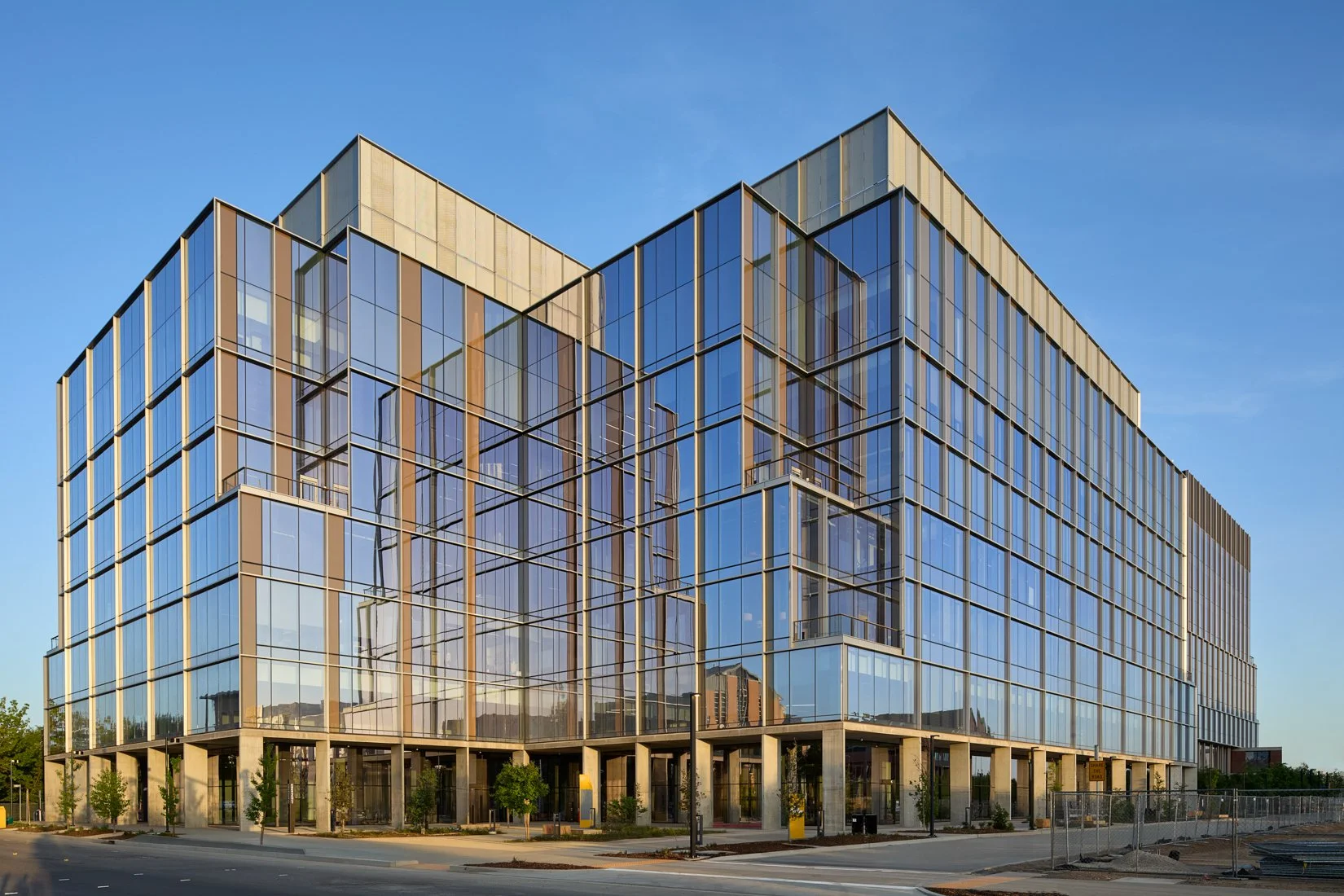
Aggie Square and the Rise of Integrated Innovation Hubs
Aggie Square in Sacramento exemplifies a new model for innovation districts by blending academic, industry, and community uses within a flexible, all-electric research campus—prioritizing openness, sustainability, and stakeholder collaboration to deliver a high-performance, inclusive environment for next-generation research and development

The Role of Pharmacy Within a Broader Interdisciplinary Research Environment
At the 2025 Lab Design Conference, architects Jeffery Bottomley and Luke Voiland of Shepley Bulfinch joined Dr. Lamar Pritchard of the University of Houston to highlight pharmacy’s growing role in interdisciplinary research

Sustainability in Pharmaceutical Manufacturing: A Guide for Architects and Engineers
Architects and engineers play a vital role in designing pharmaceutical manufacturing facilities that meet stringent regulatory requirements while integrating sustainable coatings and materials that enhance durability, efficiency, and environmental performance, ultimately supporting long-term compliance, adaptability, and reduced operational impact

Building a Future for Precision Medicine in the Heart of Detroit
Bedrock’s transformation of Detroit’s former Gratiot jail site into a 14-acre life sciences and innovation district—anchored by a state-of-the-art research facility and supported by partners like BAMF Health—aims to advance precision medicine, workforce development, and community revitalization

Inside the University of Glasgow’s State-of-the-Art Magnetism Lab
The University of Glasgow’s new magnetism lab, featuring a custom-designed MuRoom, eliminates external interference to enable advanced biomagnetic research for medical diagnostics, neurotechnology, and human-computer interaction
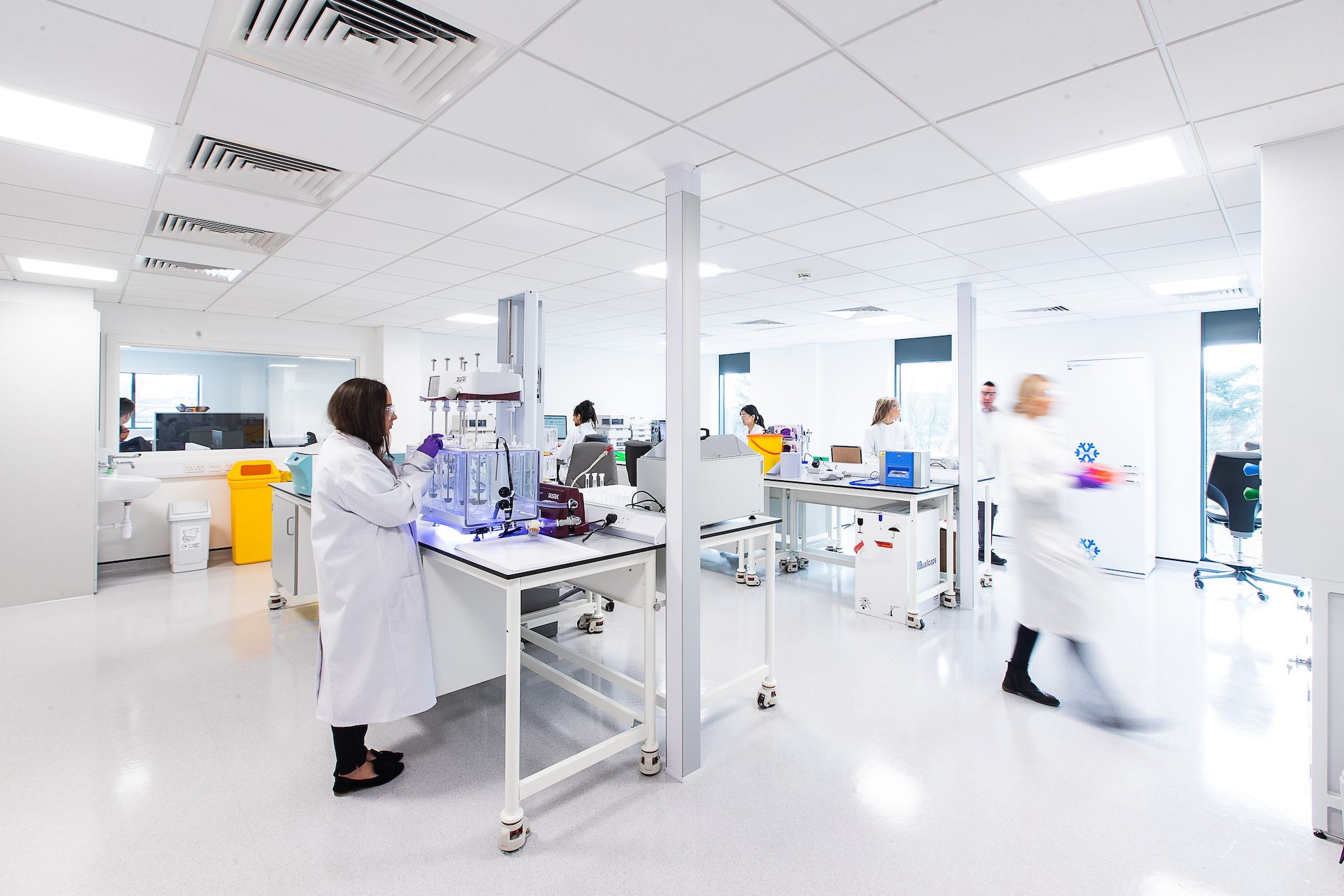
Opportunities and Challenges Associated with Biotech Incubators
Biotech incubators help startups accelerate strategy, reduce costs, and manage risks through partnerships, while innovative lab design and tenant recruitment strategies shape their success—learn more about the key criteria for selecting the right incubator
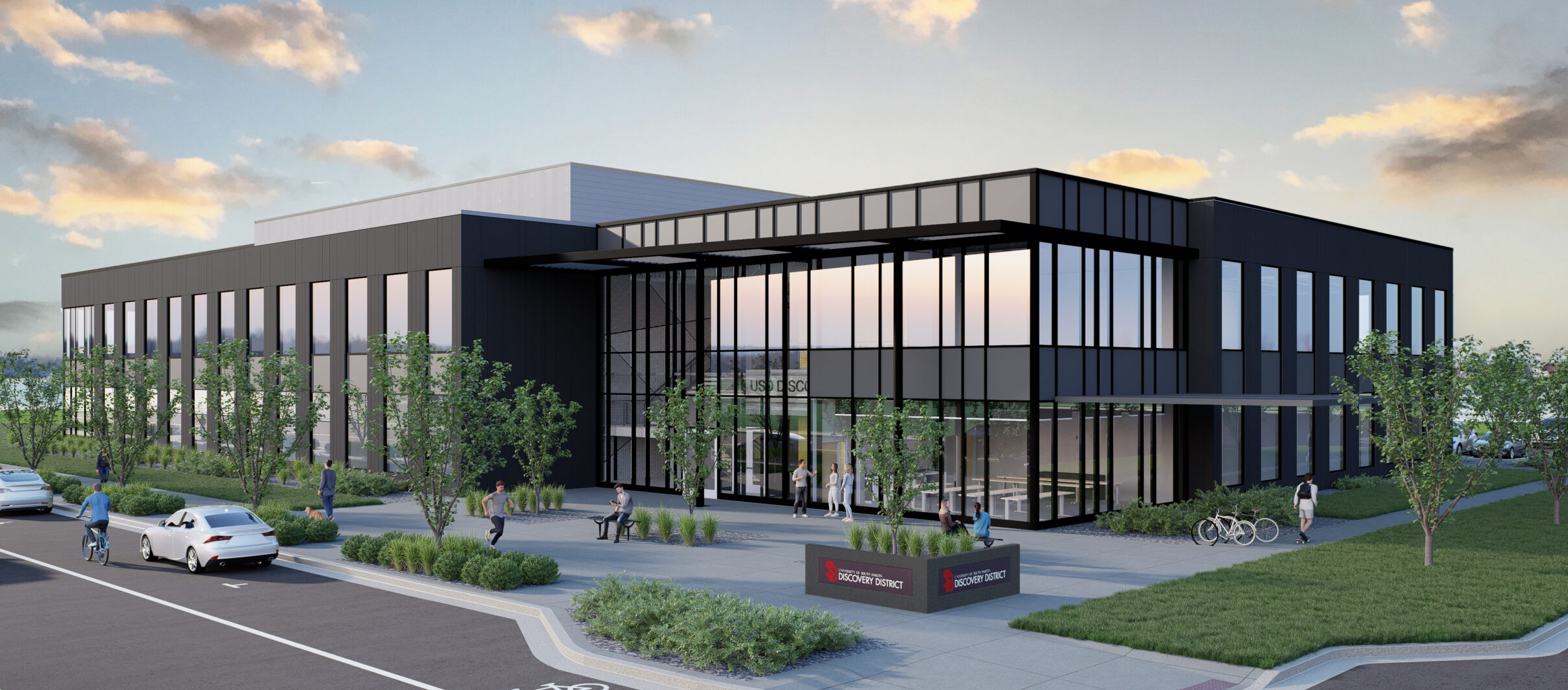
USD Discovery District Pioneers Growth in Biotech Innovation
The USD Discovery District, a 50,000-sf biotech hub in Sioux Falls, SD, fosters innovation with customizable infrastructure and university partnerships, attracting tenants like OmegaQuant Analytics, which will lease 5,300 sf for office, lab, and manufacturing space
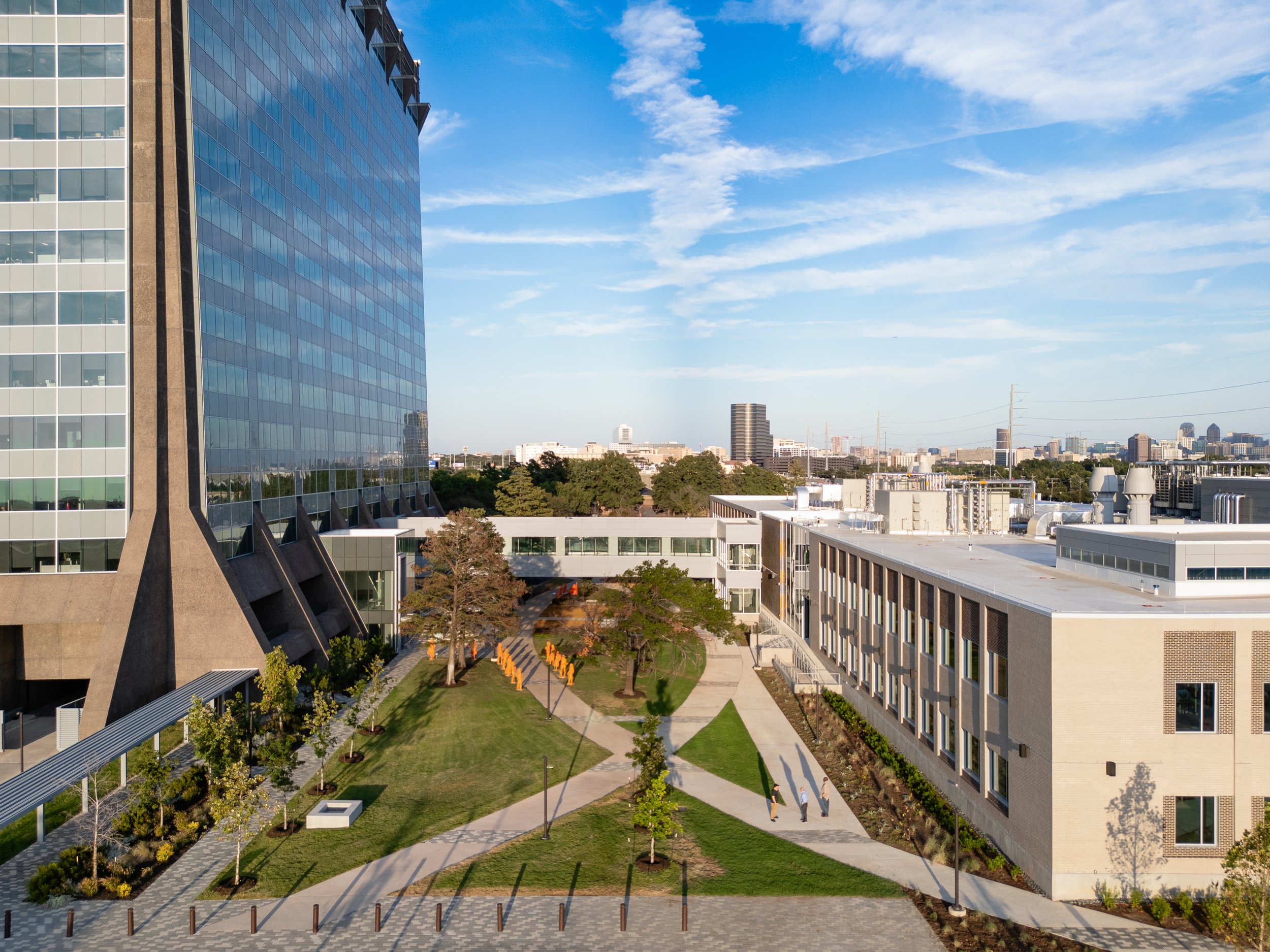
Cancer Diagnostics Company Moves into Pegasus Park’s Largest Spec Lab Suite
Designed for flexibility, the state-of-the-art laboratory space supports both emerging startups and established life sciences companies
